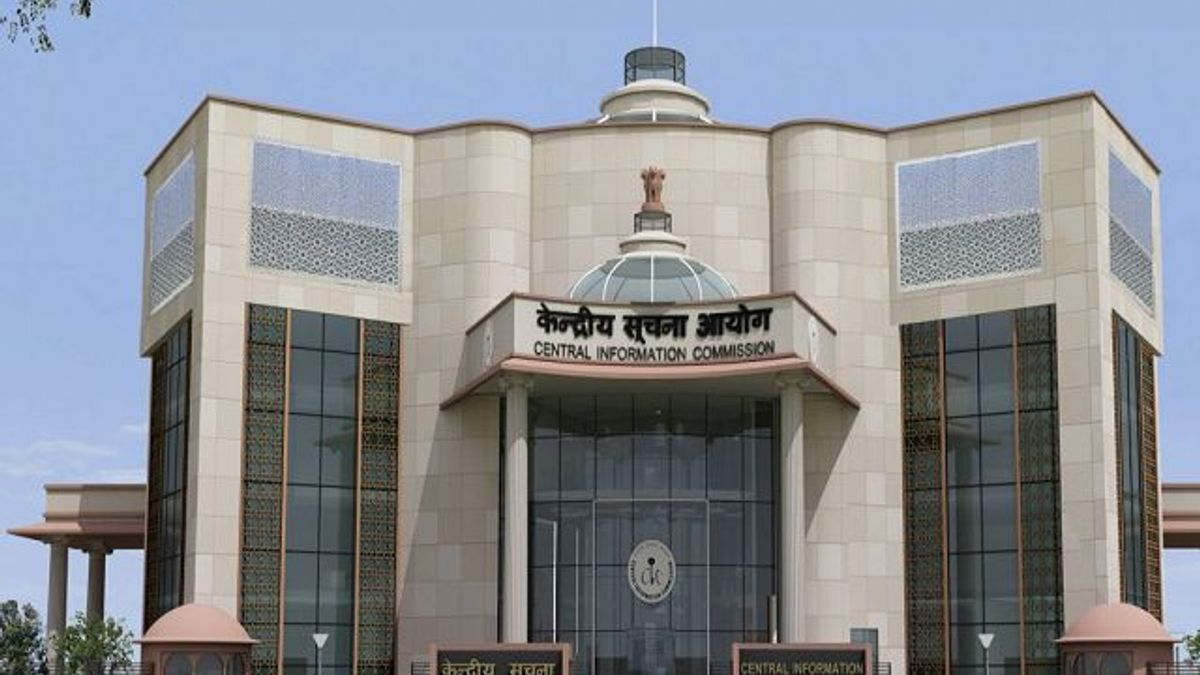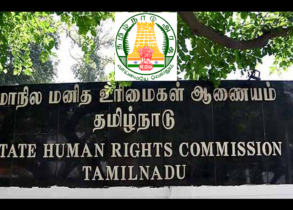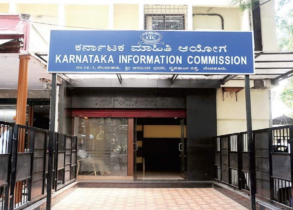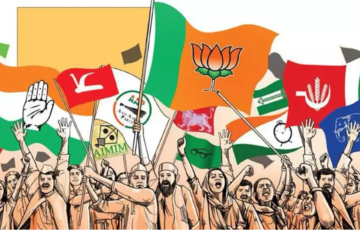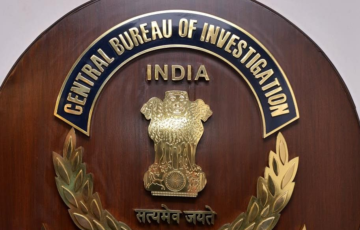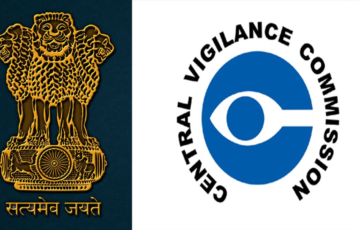CENTRAL INFORMATION COMMISSION (CIC)
Introduction
- Central Information Commission (CIC) is a statutory body.
- It Established under the Right to Information Act, 2005 (RTI Act) to ensure the implementation of the Act and to promote transparency and accountability in the working of the government.
- The CIC has jurisdiction over all Central Public Authorities (CPAs), which are defined under the RTI Act as any authority or body or institution of the Central Government, including anybody owned or controlled by it; and any non-Government Organization substantially financed directly or indirectly by funds provided by the Central Government.
- Establishment: The Central Information Commission (CIC) was created by the Central Government in 2005 under the Right to Information Act (RTI Act) of 2005. It is not a constitutional body.
- Members: The CIC consists of a Chief Information Commissioner (CIC) and up to ten Information Commissioners (ICs).
- Appointment: The President of India appoints the CIC and ICs on the recommendation of a committee headed by the Prime Minister and including the Leader of the Opposition in the Lok Sabha and a Union Cabinet Minister nominated by the Prime Minister.
- Jurisdiction: The CIC has jurisdiction over all Central Public Authorities (CPAs), which are defined under the RTI Act as any authority, body, or institution of the Central Government, including anybody owned or controlled by it; and any non-Government Organization substantially financed directly or indirectly by funds provided by the Central Government.
- Tenure: The CIC and ICs hold office for a term specified by the Central Government or until they reach the age of 65 years, whichever comes first. They are not eligible for reappointment.
Power and Functions
The Central Information Commission (CIC) has the following powers and functions under the Right to Information Act, 2005:
- To adjudicate on complaints from individuals who have not been able to obtain information from Central Public Authorities (CPAs) or who are aggrieved by the response of a CPA to their RTI application.
- To issue directions to CPAs to provide information or to take other steps to comply with the RTI Act.
- To impose penalties on CPAs for failing to comply with the RTI Act.
- To investigate the failure of CPAs to comply with the RTI Act and to recommend appropriate action to the Central Government.
- To promote transparency and accountability in the working of the government by taking such steps as it may deem necessary.
In addition to these powers and functions, the CIC also has the power to:
- Summon and enforce the attendance of persons and compel them to give oral or written evidence on oath and to produce the documents or things.
- Require the discovery and inspection of documents.
- Receive evidence on affidavit.
- Requisition any public record or copies thereof from any court or office.
- Issue summons for examination of witnesses or documents.
- Any other matter, which may be prescribed.
Issues Associated CIC
The Central Information Commission (CIC) faces a number of issues, including:
- Backlog of cases: The CIC has a large backlog of cases, with over 2.2 lakh cases pending at the Central and State Information Commissions (ICs). This is due to a number of factors, including the shortage of staff, the complexity of cases, and the lack of cooperation from CPAs.
- Non-filling of vacancies: Vacancies in the CIC are not filled in a timely manner, which leads to further delays in the disposal of cases.
- Lack of capacity building: CPIOs and other officials in CPAs often lack the required knowledge of the RTI Act to deal with RTI applications. This leads to delays and inaccurate responses.
- Poor record management practices: Ineffective record management systems and procedures in CPAs make it difficult to locate and provide information to RTI applicants.
- Non-compliance by CPAs: Many CPAs fail to comply with the RTI Act, either by refusing to provide information or by providing incomplete or inaccurate information.
Measures taken by CIC
The CIC has taken a number of steps to address these issues, such as:
- Streamlining procedures: The CIC has streamlined its procedures to reduce the time taken to dispose of cases.
- Increasing the number of benches: The CIC has increased the number of benches to hear cases more quickly.
- Organizing training programs: The CIC organizes training programs for CPIOs and other officials on the RTI Act.
- Issuing guidelines: The CIC has issued guidelines to CPAs on various aspects of the RTI Act.
- Taking action against errant CPAs: The CIC has taken action against errant CPAs by imposing penalties and issuing directions.
Here are some of the key achievements of the CIC:
|
Challenges
- Lack of transparency: The criteria for selecting and appointing CIC and SIC members are not clear.
- For example, the Supreme Court recently commented on how former bureaucrats are often appointed as commissioners, observing that “only one category of persons are always found to be more competent and more suitable than persons belonging to other categories.”
- Poor record management: Ineffective record management systems and procedures make it difficult to collect information from field offices and process RTI applications quickly.
- Unfilled vacancies: Vacancies in the CIC are not filled promptly, leading to a backlog of cases.
- For example, in the CIC, three posts of commissioners remain vacant, even though the backlog of appeals/complaints currently stands at nearly 26,800 cases (according to the “Report Card” for 2021-22 by Satark Nagrik Sangathan).
- Lack of capacity building: CPIOs, or Central Public Information Officers, are often appointed to their positions without the required knowledge of the RTI Act.
- This can lead to delays in processing and responding to RTI applications.
- Slow disposal of appeals and complaints: The RTI Act sets a time limit for disposing of first appeals, but it does not set a time limit for disposing of second appeals to the CIC.
- As of June 30, 2021, 2.56 lakh appeals were pending with 26 information commissions in the country.
- Poor quality of information provided: CPIOs sometimes provide poor quality information to applicants and complainants, which can be frustrating for the information seeker.
- Low public awareness: Many people, especially in lower socioeconomic strata, are not aware of the RTI Act and their right to information.
Reforms for CIC
- Increase transparency in the selection and appointment of CIC members. The current process is opaque and lacks public scrutiny. A more transparent and accountable process could involve establishing a selection committee with representatives from a variety of stakeholders, including civil society, the media, and academia.
- Fill vacancies in the CIC promptly. The backlog of cases at the CIC has been growing for years, due in part to unfilled vacancies. The government should prioritize filling these vacancies and providing the CIC with the resources it needs to function effectively.
- Invest in capacity building for CPIOs and other RTI officials. CPIOs often lack the required knowledge of the RTI Act to deal with RTI applications effectively. The government should provide training programs and other resources to help CPIOs better understand their obligations and responsibilities under the RTI Act.
- Set a time limit for disposing of second appeals to the CIC. The current lack of a time limit leads to delays in the disposal of cases and can be frustrating for appellants. Setting a reasonable time limit would help to ensure that cases are resolved more quickly and efficiently.
- Improve the quality of information provided by CPIOs. CPIOs should be trained on the importance of providing accurate and complete information to RTI applicants. The government could also develop guidelines and standards for providing information under the RTI Act.
- Raise public awareness about the RTI Act and the CIC. Many people are not aware of the RTI Act and their right to information. The government could launch awareness campaigns and develop educational materials to help people understand the RTI Act and how to use it.
In addition to these reforms, the government could also consider the following:
- Amending the RTI Act to strengthen the powers of the CIC. For example, the government could give the CIC the power to impose stricter penalties on CPAs that violate the RTI Act.
- Establishing a dedicated RTI tribunal. This would help to reduce the backlog of cases at the CIC and provide a more specialized forum for adjudicating RTI disputes.
- Making the RTI Act more inclusive. For example, the government could consider waiving the RTI application fee for poor and marginalized groups.
The Central Information Commission is an essential institution in India’s democratic system, as it empowers citizens to access information and hold the government accountable for its actions and decisions and that the people have the right to know how their government is functioning.

